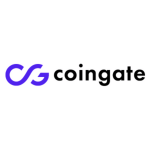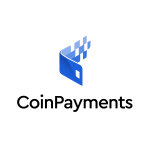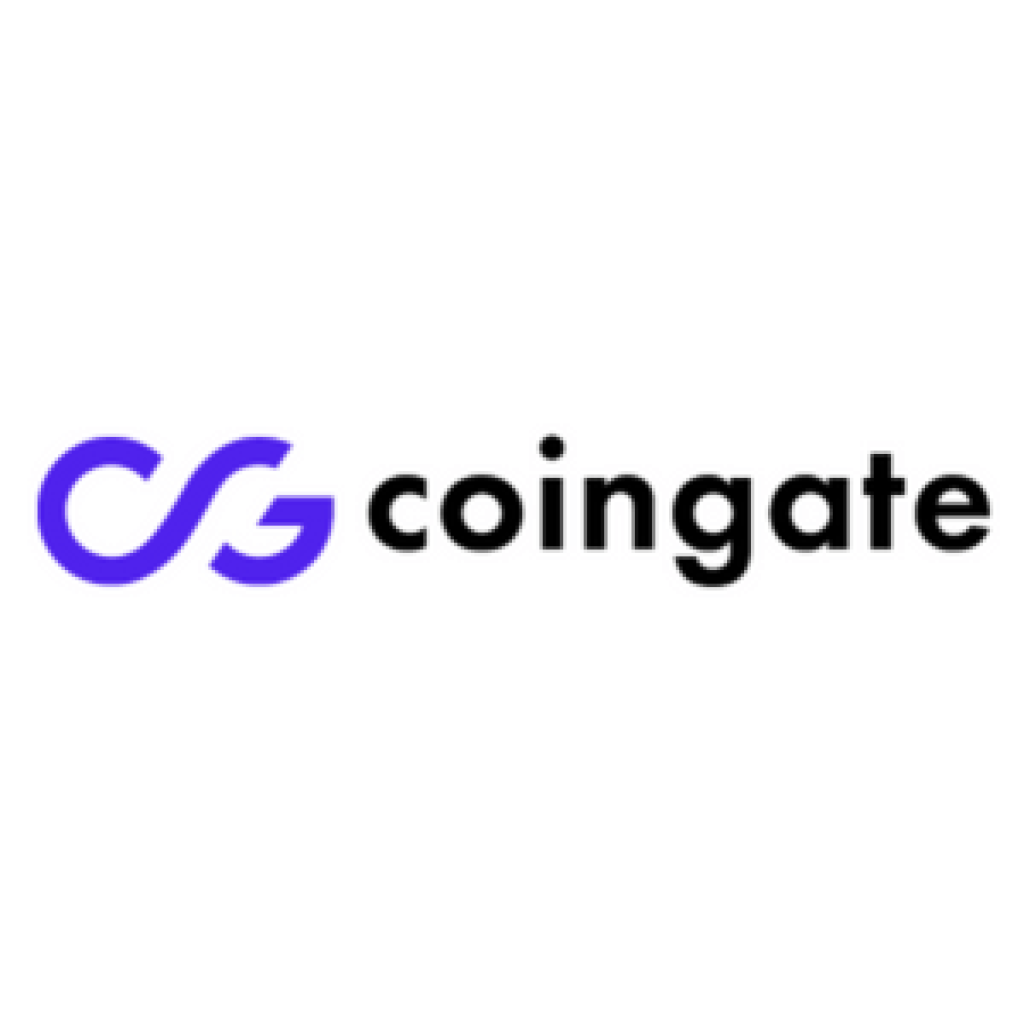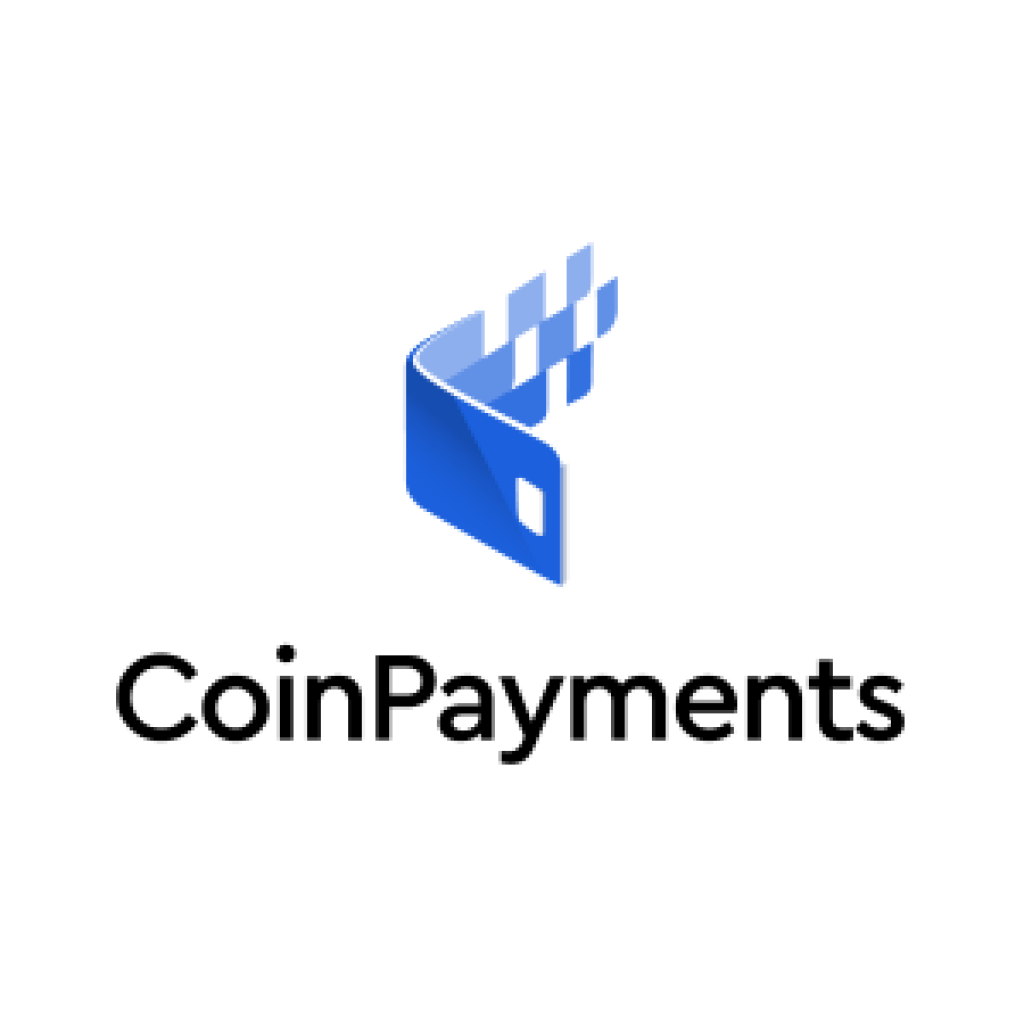Table of Contents
What is a Crypto Off-Ramp?
A crypto off-ramp refers to the process of converting cryptocurrencies into traditional fiat currencies, such as the US Dollar or Euro. In our comprehensive guide, Best Crypto Off-Ramp Methods, we explored the various options, key considerations, and top platforms for off-ramping. Here, we take an even deeper dive, specifically focusing on crypto off-ramp no KYC methods that prioritize privacy by requiring little to no KYC (Know Your Customer) verification.
What are KYC and AML?
Before exploring the best no-KYC off-ramp methods, it’s essential to understand the role of KYC and AML in the crypto world. These terms often appear in discussions about financial safety and privacy, highlighting the trade-off between protecting personal information and preventing fraud or money laundering. Let’s take a closer look.
What is KYC?
KYC, or Know Your Customer, is a process used by financial institutions to verify the identity of their customers. Its primary goal is to prevent fraud and money laundering. For example, when you open a bank account, the bank asks for your ID, proof of address, and other personal details to confirm your identity. We define 3 different levels of KYC:
- Hard-KYC: Requires personal documents like ID
- Soft-KYC: Requires personal info like name and address
- No-KYC: Requires neither personal documents or information
While KYC enhances security, it can sometimes feel cumbersome. Repeated verification requests or additional steps, such as uploading documents or confirming transactions via an app, can be time-consuming. However, these measures are designed to minimize financial risks.

What is AML?
AML, or Anti-Money Laundering, focuses on combating illegal financial activities, such as laundering money from criminal enterprises. AML encompasses a set of internationally recognized laws, regulations, and procedures that aim to safeguard financial systems.
KYC and AML often work hand in hand. While KYC focuses on identifying customers, AML involves monitoring and reporting suspicious transactions. Together, they ensure that money flows remain legitimate and transparent.
Why do people prefer no KYC?
Imagine having to show your ID every time you buy a cup of coffee—annoying, right? That’s how some people feel about KYC in crypto services. Sharing personal information can feel like an invasion of privacy.
No KYC offers an alternative: using crypto without the need for identity verification.
Benefits of no KYC
Protection of personal information
Not sharing personal data reduces the risk of identity theft and data breaches. No KYC platforms prioritize privacy, allowing users to engage in crypto transactions without exposing sensitive information.Freedom from government oversight
Not everyone trusts governments to safeguard their financial data. With No KYC, users can retain greater control over their finances without concerns about surveillance or misuse of their information.No sign-up hassles
Signing up for KYC-compliant services often involves filling out forms, verifying documents, and waiting for approval. No KYC eliminates these steps, enabling users to start using crypto immediately.Freedom of choice
No KYC empowers users to manage their money however they like, without having to justify their decisions or actions.
While KYC and AML play important roles in ensuring financial security, they aren’t for everyone. For those who value privacy and convenience, No KYC crypto offers a compelling alternative, giving users the freedom to choose how they want to manage their assets. However, always ensure your actions comply with your local legal framework to avoid unintended consequences. Balancing privacy and responsibility is key when navigating the crypto landscape.
Best no KYC crypto off-ramps
For many in the crypto community, privacy and convenience are key priorities when transitioning digital assets into traditional currency or other usable forms. Traditional off-ramps often require KYC (Know Your Customer) processes, which means providing identification (ID), such as a passport or driver’s license, to verify your identity. Some options require soft KYC, where no ID is needed, but you may need to provide personal information like your name, address, or phone number. For those seeking complete anonymity, crypto off-ramp no KYC methods require neither ID nor personal information.
In this guide, we explore the best no-KYC (or soft-KYC) crypto off-ramping methods ranked by usability, privacy, and accessibility.
1. Buying gift cards with crypto (no KYC)
Buying gift cards with crypto is by far the best and most anonymous ways to off-ramp cryptocurrency. This method involves using platforms like Zypto or Coingate, which allow users to exchange their crypto for gift cards from thousands of major retailers. The process is straightforward: choose your desired retailer, specify the amount, and pay using your preferred cryptocurrency. Once the payment is completed, the gift card is delivered instantly via email, without requiring any form of KYC or personal information.
In addition to requiring no KYC, another significant advantage is the exceptionally low fees, often as little as 1%, making it one of the most cost-effective crypto off-ramp options. Both Zypto and Coingate provide competitive rates, but Zypto is generally more cost-effective. For instance, a $2,000 Target gift card would cost about $2,021 USDT via Zypto, compared to approximately $2,049 USDT (discounted from $2,070) through Coingate.
This method is highly appealing for those prioritizing speed and privacy, as it bypasses the usual account setup and verification requirements. However, the primary drawback is the relatively low transaction limits, often capped at $2,000 per card. Despite this limitation, gift cards remain an efficient and private option for smaller transactions.
Positives
- No KYC required
- Low fees (~ 0% - 2%)
- Giftcards arrive within minutes
- Easy to use (no registration required)
- Secure off-ramp
Negatives
- Low off-ramp limits of max $2.000
Great crypto gift card platforms
2. Crypto payment processors (no KYC or soft KYC)
Crypto payment processors like Zypto, Coingate and NOWPayments provide a seamless off-ramping method by enabling users to pay directly with cryptocurrency at participating merchants. These services convert crypto into fiat currency on behalf of the merchant, requiring no KYC or registration from the buyer to process the payment. However, when purchasing goods, the webshop will naturally have access to your soft KYC information, such as your name, address, or phone number, to complete the transaction. The transaction process is simple: at checkout, you select crypto as your payment method, scan the QR code, and send the payment.
Despite offering zero fees and instant transactions, this method is hindered by the low adoption rates among merchants. While only a small percentage of businesses currently accept direct crypto payments, the method holds significant potential as crypto adoption grows.
Positives
- No-KYC or soft-KYC required
- No transaction fees
- Instant off-ramp
- Easy to use (no registration required)
- Secure off-ramp
Negatives
- Limited adoption
Great crypto payment gateways
We have conducted an extensive review of the best crypto payment gateways, of which the top 4 are shown below.
3. (Virtual) crypto debit cards (soft KYC)
Crypto debit cards bridge the gap between cryptocurrency and traditional payment systems by allowing users to load their crypto onto a card and spend it in fiat currency like the dollar. These cards are available in physical and virtual formats.
Virtual crypto debit cards (soft-KYC)
Virtual crypto debit cards are entirely digital and tailored for immediate use. They are quick to set up and activate, often requiring minimal KYC processes. In most cases, virtual card providers do not mandate ID verification, given their lower spending limits compared to physical cards. Instead, they rely on basic personal information such as a name and email address. With spending limits typically ranging from $1,000 to $10,000, virtual cards are an excellent option for users prioritizing convenience and smaller-scale transactions.
Physical crypto debit cards (hard-KYC)
In contrast, physical crypto debit cards are tangible plastic cards similar to traditional debit or credit cards. They often require a more thorough application process, including stringent KYC verification. This may involve submitting government-issued ID, proof of address, and other personal details. The process takes longer, as the card must be issued and delivered, but the trade-off is access to significantly higher spending limits. Physical cards can accommodate maximum limits exceeding $100,000 or even several million dollars, making them ideal for users who anticipate high-value transactions.
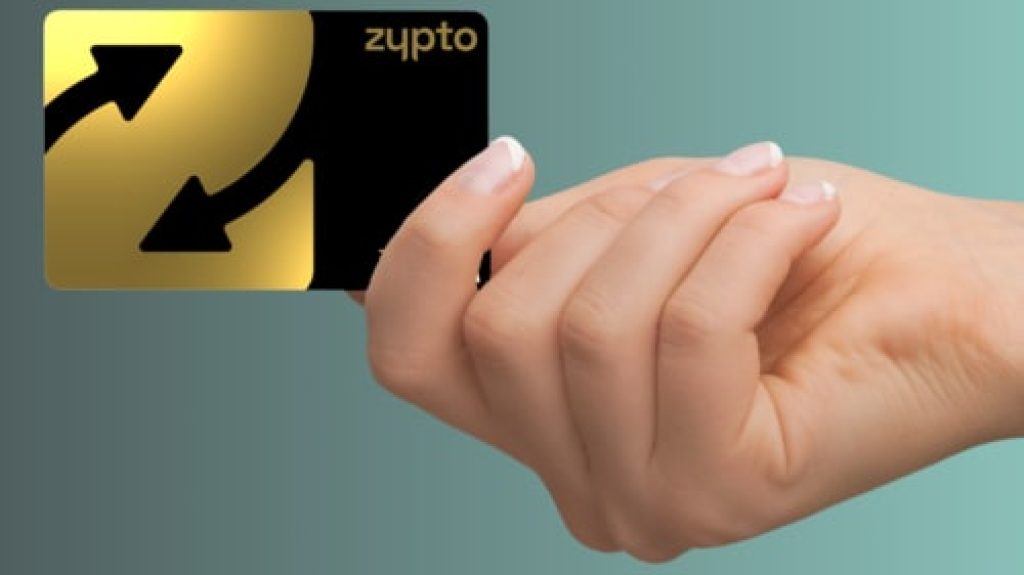
Costs and Fees
- Issuance Fees: An upfront cost to acquire the card.
- Maintenance Fees: Monthly or annual charges for holding the card.
- Transaction Fees: Fees incurred for purchases or withdrawals, both domestic and international.
- ATM Withdrawal Fees: Additional costs for accessing cash at ATMs.
- Currency Conversion Fees: Charges for converting crypto to fiat or transacting in foreign currencies.
Positives
- Soft-kyc for virtual cards
- High spending limits
- Virtual cards are quick to receive
- Secure off-ramp
Negatives
- Higher fees around 5%
- Physical cards usually have hard-KYC
- Physical cards take long to arrive
Great crypto debit card platforms
4. Crypto ATMs (Soft or Hard KYC)

Crypto ATMs are a localized solution for off-ramping crypto into fiat cash. These machines, found in cities worldwide, enable users to send crypto to the ATM’s wallet and receive cash in return. For smaller transactions, many ATMs only require soft KYC, such as a phone number, but higher amounts often necessitate full KYC, including photo ID.
While convenient, crypto ATMs are often expensive, with fees ranging from 5% to even 25%. Additionally, their availability is location-dependent, making them less accessible for some users. However, for those who need quick access to cash, crypto ATMs remain a viable option, especially in urban areas. You can easiliy find a crypto ATM in your area using Coin ATM radar.
Positives
- Soft-KYC for lower amounts
- Instant off-ramp
- Secure off-ramp
Negatives
- Be wary of high fees (5%-25%)
- Not everywhere available
5. Crypto exchanges
Off-ramping through crypto exchanges is an option, but finding platforms that allow it without KYC can be tricky. Most major exchanges strictly enforce KYC policies, leaving only smaller and often less reputable platforms as options for no-KYC transactions. However, these platforms carry significant risks, including lack of trustworthiness and potential changes to their KYC policies. If an exchange suddenly updates its requirements while you’re holding funds there, you could get your crypto locked. Due to these uncertainties, we cannot recommend specific exchanges for no-KYC off-ramping.
Positives
- Hard-, soft & no-KYC
- Higher withdrawal limits
Negatives
- no-KYC exchanges have high risks
- Takes a long time to off-ramp
Conclusion
The world of crypto off-ramping offers diverse solutions, each with varying degrees of privacy and KYC requirements. The level of KYC involved—ranging from no-KYC, soft-KYC, to full-KYC—plays a significant role in determining which method best suits your needs.
For those who value privacy and anonymity, methods like gift cards and crypto payment processors are the top choices. These options often require no KYC or, at most, soft KYC (basic personal information like an email or name). They also boast low fees and instant usability, making them ideal for smaller, everyday transactions. By opting for crypto off-ramp no KYC methods, users can preserve their privacy while engaging in seamless conversions.
For users needing higher spending limits, crypto debit cards—whether virtual or physical—offer a practical solution. Virtual cards usually involve soft KYC, making them quick and easy to access for lower limits. Physical cards, on the other hand, require hard KYC, including government-issued ID and other documentation, but provide significantly higher transaction capacities.
Crypto ATMs fall somewhere in between, with soft KYC for smaller amounts and hard KYC for larger withdrawals. They provide instant cash access but are limited by location and can incur higher fees.
While crypto exchanges remain a popular off-ramp, finding no-KYC options is increasingly difficult, as most reputable exchanges enforce strict KYC regulations. This presents a risk for those who prioritize privacy, as smaller, no-KYC exchanges can lack trustworthiness and may suddenly change their policies, potentially locking up your funds.
Understanding KYC requirements is crucial when selecting an off-ramp, as it determines not only your privacy but also your long-term access to your funds. Whether you prefer complete anonymity or are willing to comply with KYC for greater limits and stability, the right solution is out there. Always weigh the trade-offs between convenience, privacy, and cost to make the most of your crypto off-ramping experience.



